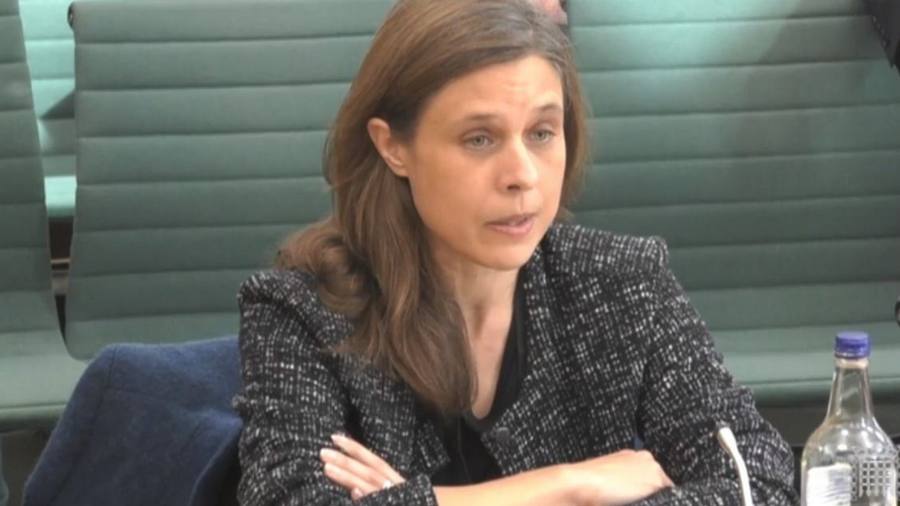
The writer is director of expression at Open Society Foundations
For years, the rich and powerful across the world have used London’s libel courts to silence journalism. So-called “strategic lawsuits against public participation” (or Slapps) have left many outlets fearful of publishing legitimate reporting on corruption, illicit finance, political wrongdoing and much more.
Now, leading figures and titles from across Fleet Street — including the Financial Times — are calling on Dominic Raab, secretary of state for justice, to swiftly end this abuse of British law. They are urging Raab to bring in an “anti-Slapp law”, aimed at deterring wealthy individuals from pursuing costly Slapps to prevent scrutiny.
Together, these lawsuits have a chilling effect on press freedom — a fact to which I can personally attest, having been targeted by numerous attempted Slapps (and, in one farcical case, a potential criminal charge) during my seven years as editor in chief of the news website openDemocracy. I will never forget the time one of my reporters asked me “Am I going to lose my house?” after a particularly aggressive slew of letters from a leading British politician.
The FT has spent many years fighting such costly cases, most recently defending itself and journalist Tom Burgis against the Kazakh mining group ENRC. Writer Catherine Belton and publisher HarperCollins were pursued through the courts by the now disgraced Russian oligarch, Roman Abramovich. Journalists don’t even need to be in the UK to be targeted with a Slapp — as Paul Radu, co-founder of the global investigative network OCCRP, experienced when he was sued by an Azerbaijani MP.
But it is often the cases you never hear about that have the most pernicious consequences. Precious few threats made against smaller, less well-resourced outlets ever make it to court. As Radu notes: “The people suing journalists in the UK rely on these huge legal bills being so intimidating that the journalists won’t even try to defend themselves.”
Until Russia’s invasion of Ukraine, it seemed London might always be the global capital of libel tourism. But in March, under pressure to stop the city’s long-running abuse by Putin allies trying to launder their money and reputations, Raab finally promised action.
The proposed anti-Slapp law, developed by the UK Anti-Slapp Coalition which advises journalists, would rebalance the scales in several crucial ways. For a start, it introduces a new filter mechanism that empowers courts to assess the merits of a claim and potentially throw out Slapps early in proceedings. The law also brings in penalties to deter Slapps and to compensate those targeted.
None of this can come a moment too soon. But if any new law is to succeed, it must be accompanied by deeper change in our political and judicial culture. The legal industry has long profited from the status quo. It needs root and branch reform — starting with serious penalties for firms accepting money from clients who cannot demonstrate the origins of their wealth. Bodies such as the Solicitors Regulation Authority need more power and resources, so that they can monitor and report on Slapps, and provide more robust guidelines and sanctions against abuses. Perhaps most importantly of all, politicians themselves need to stop abusing our courts to silence “inconvenient” journalism.
Time and again, journalists have exposed how Britain is a global hub for illicit finance. In March 2022, the National Crime Agency estimated that the scale of money laundering impacting the UK is in excess of £100bn a year. Speaking in July, Raab underlined his commitment to reforms which will “uphold freedom of speech, end the abuse of our justice system, and defend those who bravely shine a light on corruption”. That means legislation, yes. It also means political leadership that honours and protects the vital role of public interest journalism in our democracy.